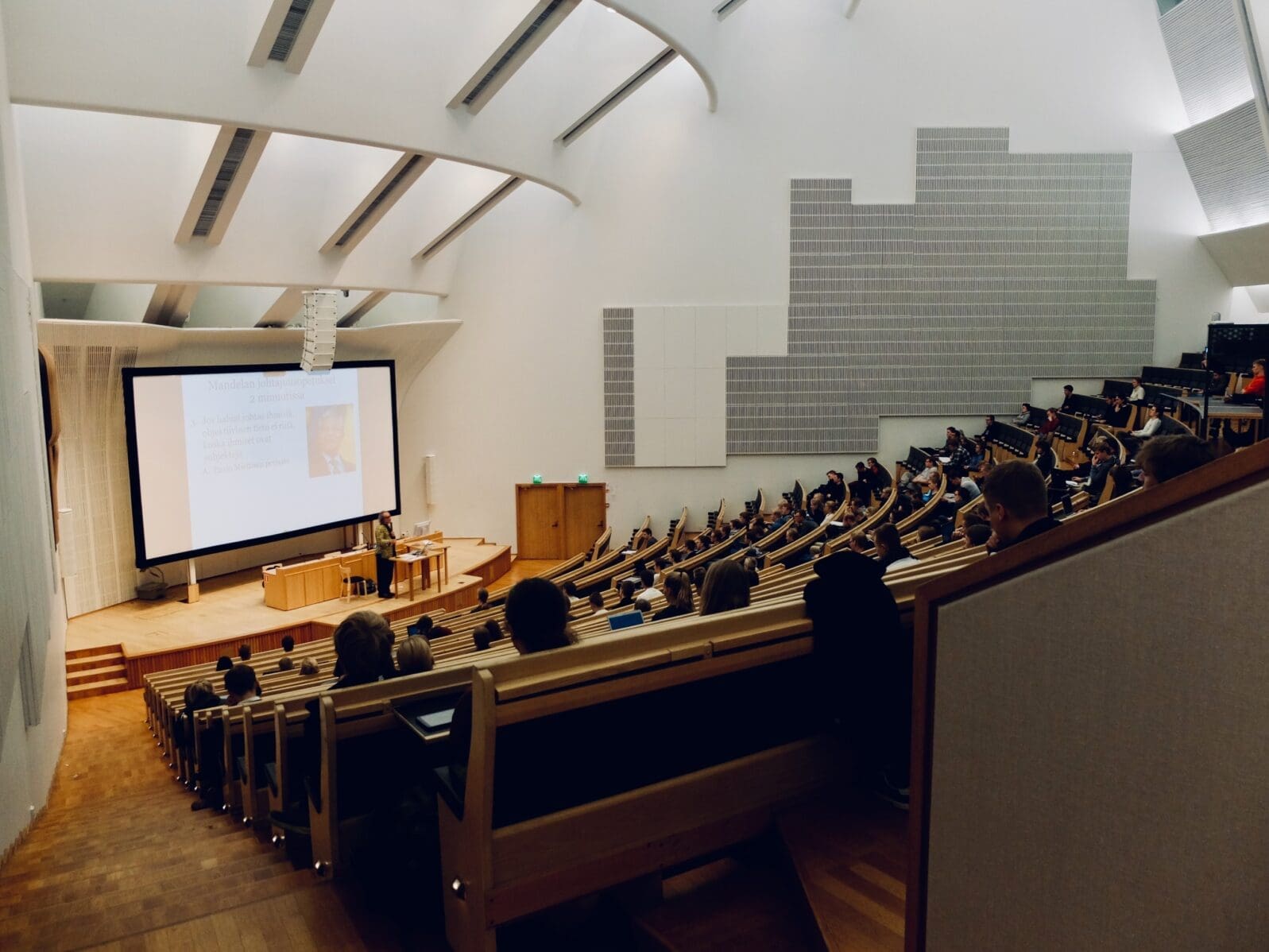Australia’s higher education sector must be fit for purpose, now and into the future. This week, the Australian Academy of Health and Medical Sciences provided a submission to the Federal Government’s Australian Universities Accord (AUA) consultation, which outlines fundamental challenges and opportunities facing the Australian higher education sector.
Developed based on contributions from our Fellows and Associate Members, our submission addresses points raised in the consultation discussion paper most relevant to our expertise in the fields of health and medical sciences.
Enhancing the nation’s research and innovation strategy
Australia’s universities are world-class and play a crucial role in the Australian research and innovation landscape. To retain competitiveness, Australia needs a comprehensive research and innovation strategy, including a long-term stable funding commitment that puts us on a path towards a gross domestic R&D expenditure (GERD) target of 3%.
To maximise the impacts of health and medical research translation, universities should work in partnership with health systems and governments (and vice versa) to embed research and innovation in the health system. This should include efforts to actively work with these partners to establish a more formal, sustainable career pathway for clinician researchers.
Any research and innovation strategy must include steps to accelerate progress in improving diversity and inclusion and address ongoing equity issues in higher education. Stronger consumer and community involvement in research is also needed to help improve the impacts of research and innovation in community.
Capitalising on cross-sector work for innovation
Addressing health challenges, meeting patient needs and improving healthcare through cutting-edge research is best achieved by integrated research teams that incorporate multidisciplinary insights and expertise.
More work is needed to develop a health–academia–industry interface that facilitates the work of integrated, interdisciplinary teams. In addition, Australia is not currently maximising health innovation and commercialisation opportunities.
Nurturing future research leaders
Early- and mid-career researchers (EMCRs) play a crucial role in securing the future of our research and innovation workforce but continue to face challenges including a lack of secure employment and decreasing grant success rates. Support from government for a whole of sector approach is needed.
There is not currently enough capacity within the health sector to provide the required number and types of placements for health and medical students to gain registration on graduation – several actions are needed across the university and health sectors to address this issue.
The Academy’s full submission is available on our policy page.

